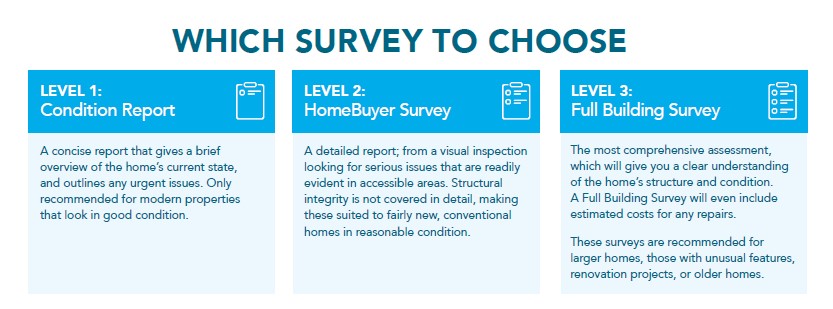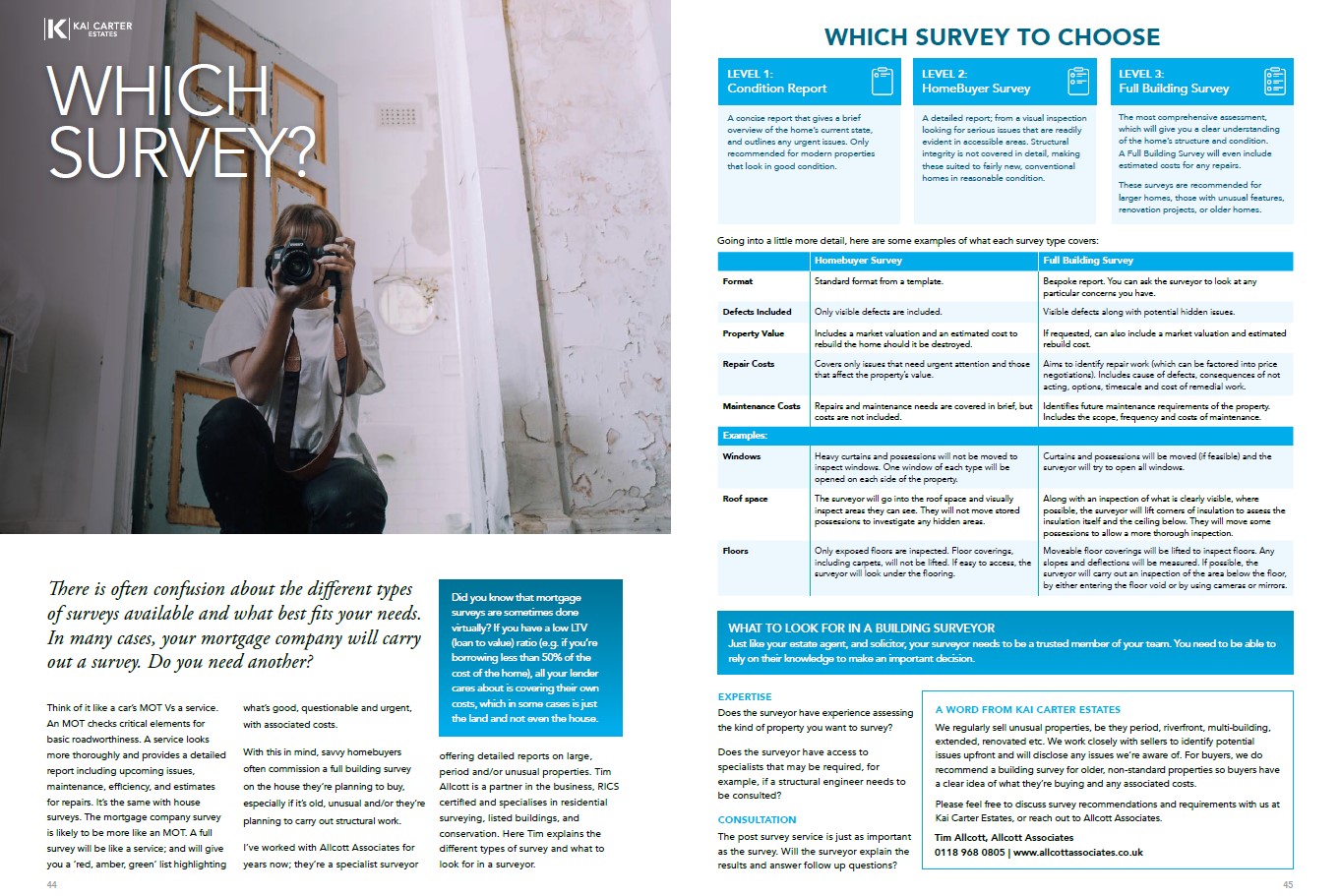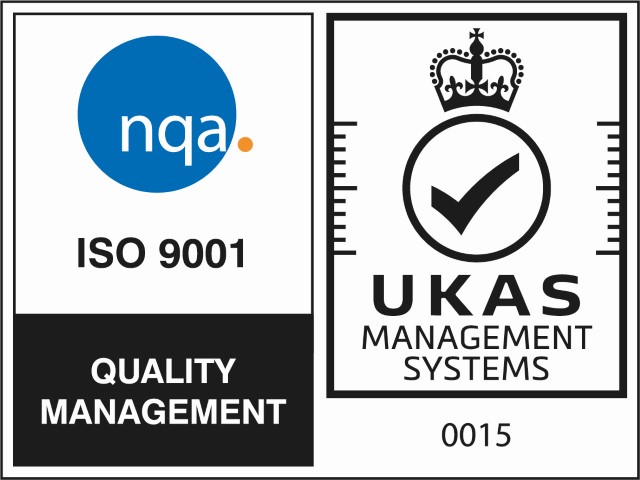“Which survey should I choose” is one of our most frequently asked questions from people in the process of buying a house, and no wonder! With mortgage valuations, condition reports, homebuyer reports and full building surveys available, not to mention specific defect surveys, it can be difficult to know what type of survey you need.
Tim Allcott, one of our company Partners, was recently interviewed by Kai Carter Estates to support one of their latest articles, ‘Which Survey?’. Tim helped them tease apart the different survey types and produce a guide to support buyers with making an informed choice.

Mortgage valuations
The first point that the article tackles is the mortgage valuation. These are carried out by surveyors who work for the mortgage company; crucially, they are not carried out on behalf of the purchaser. The main reason that lenders carry them out is to confirm that the property is worth at least the amount being lent. Whilst serious defects that substantially affect property value will be brought to the attention of the lenders, it’s important to be aware that these are not surveys of the condition of the property. Indeed, as Kai Carter Estates point out, sometimes mortgage valuations are done without anyone even visiting the property in person, particularly if the loan–to–value ratio for the mortgage is low.
Condition surveys
A Condition survey (a ‘Level 1’ RICS survey) could be considered for someone buying a modern property in fairly good condition. It is the most simple of the RICS survey types, providing a basic level of detail on samples of building elements that can be easily seen by the surveyor. The surveyor is not, for example, expected to enter a roof space or lift drain inspection chambers.
These surveys are designed to identify clear and obvious issues with the condition, safety and security of the property. They will not be suitable if the property is non-conventionally built, is in a state of disrepair or is more than several decades old.
HomeBuyer reports
As discussed in Kai Carter Estate’s article, these ‘Level 2’ surveys are very popular with people buying fairly modern homes that are conventionally built and in reasonable condition. When carrying out a HomeBuyer survey, a surveyor will inspect all readily accessible parts of the building, including all major indoor and outdoor features. Surveyors will be looking for serious issues and defects that may be costly to rectify. Information on repairs and maintenance will be provided, but the report is unlikely to include estimated costs. The report follows a set format, so it is easy to follow, but not tailored to the particular property.
Full Building surveys
Also referred to as RICS Level 3 surveys, full building surveys are the gold standard inspection. These surveys cover everything that a Level 1 and 2 report would, in addition to an in depth assessment of both visible and potentially hidden defects. The surveyor will take the time to look behind furniture, inside the loft, and even under carpets when possible. The report will contained a detailed description of the condition and structural integrity of the property. The report will also state if security systems and smoke alarms need to be upgraded. Guidance on recommended repairs and maintenance will be covered, along with estimated costs and timelines.
Full building surveys are strongly recommended for anyone buying a large or old property, or an unusual home. We also recommend them for anyone who is looking for the peace of mind that comes from the detailed inspection that this type of building survey provides.
You can find out more about the differences between homebuyer surveys and full surveys by downloading our factsheet.
Specific defect surveys
These surveys focus on a particular part of aspect of a property; they do not cover the entire building. A specific defect survey could focus on damp or timber, it could be a review of a non-standard construction, it could be an investigation into cracking or suspected subsidence, or and examination of issues with previous alterations. Sometimes, specific defect surveys are often recommended following a building survey, particularly if (unlike at Allcott Associates), a firm does not have the in-house structural engineering expertise required to full assess a structural defect.
For more information on all aspects of buying a home, including the full ‘Which Survey?’ article, the latest issue of Kai Carter Estates’ excellent ‘Exceptional Homes’ magazine is available here.












